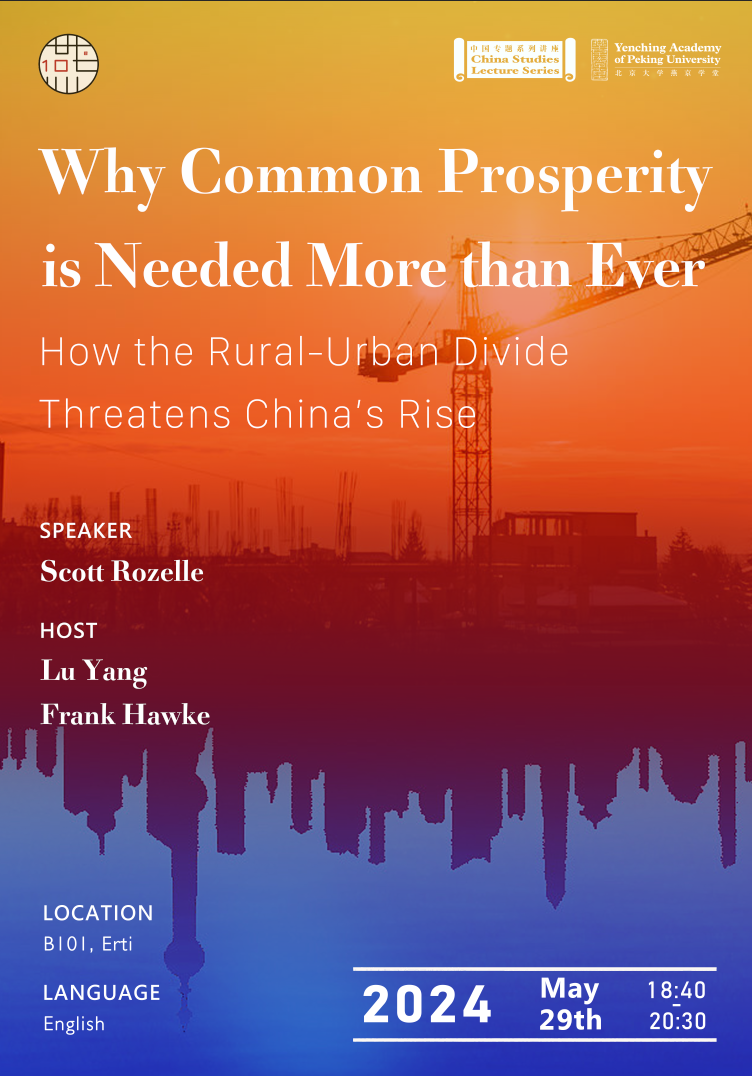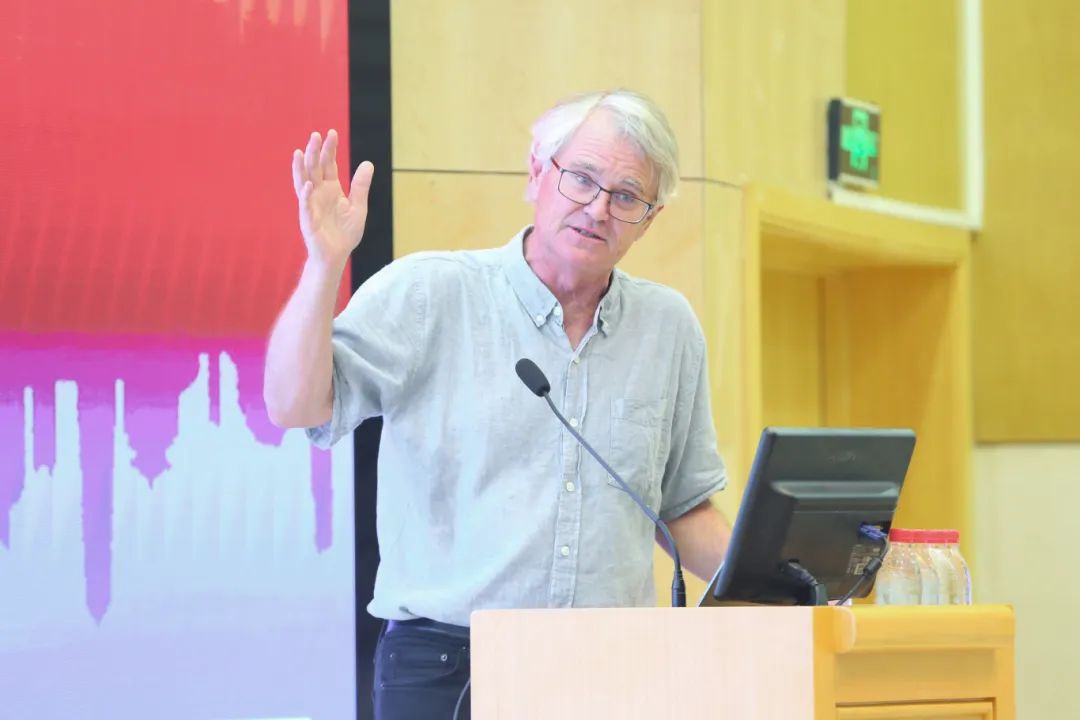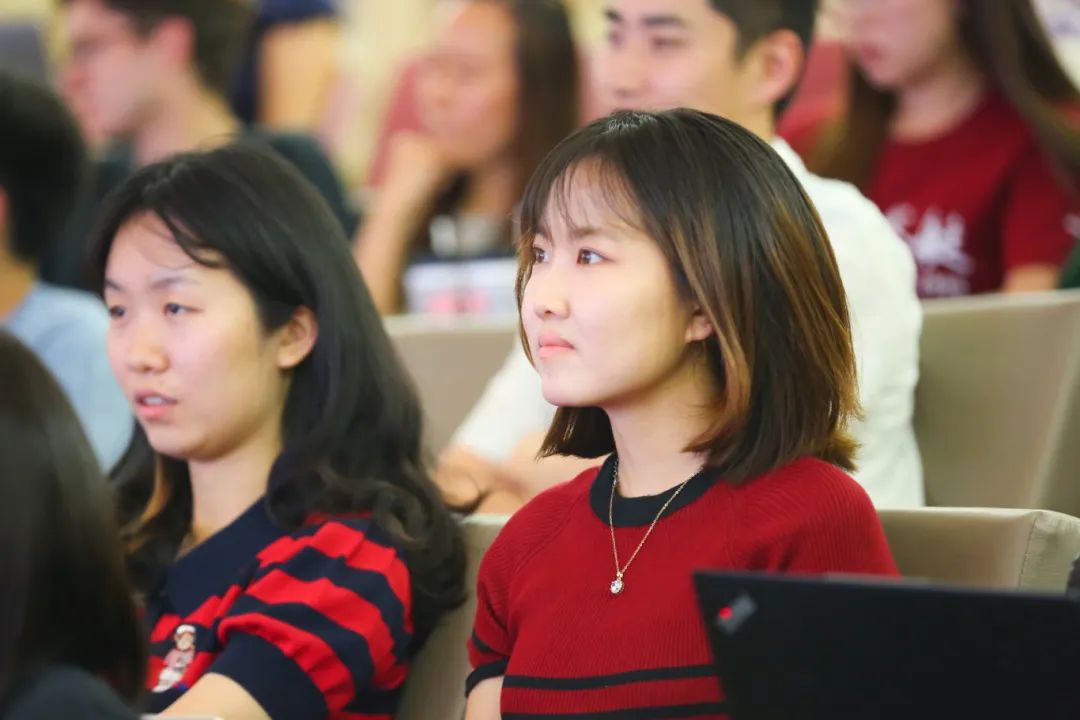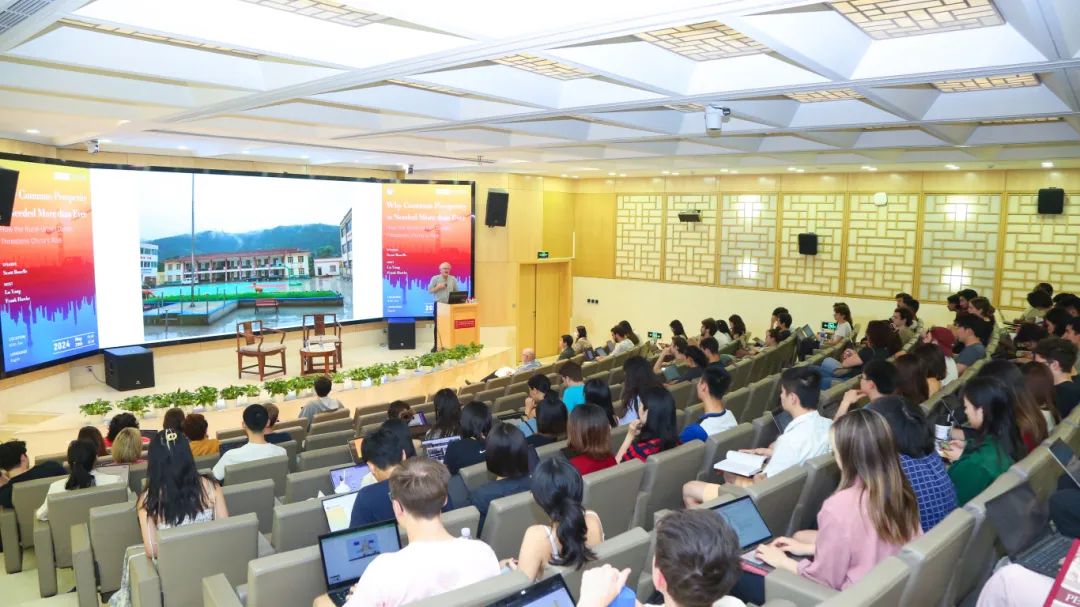On May 29, Scott Rozelle, the Helen F. Farnsworth Senior Fellow and Professor at Stanford University's Freeman Spogli Institute (FSI) for International Studies and co-director of the Stanford Center on China’s Economy and Institutions (SCCEI), gave a lecture themed “Why Common Prosperity is Needed More than Ever: How the Rural-Urban Divide Threatens China’s Rise”. This was the 11th lecture in the China Studies Lecture Series for the 2023-2024 academic year. The event was co-hosted by Lu Yang, Director of Graduate Studies at Yenching Academy, and Frank Hawke, Director of the Stanford Center at Peking University (SCPKU).

Interview Notes
Before the lecture, Professor Rozelle sat for an interview discussing initiatives to promote China’s rural education, AI and its impacts on the labor market, and cross-cultural and interdisciplinary studies.
He acknowledged the rapid development in China’s rural education over the past two decades and highlighted ongoing challenges. The Chinese government has taken actions to address issues in rural education, such as poor school facilities, arrears in teachers’ salaries, and unsatisfactory childhood nutrition and health. Programs like the government-led Free Lunch program have successfully lowered the prevalence of anaemia and improved academic performance. Despite all the efforts, early childhood education remains challenging in rural China.
Prof. Rozelle emphasized the critical importance of early childhood education, especially from pregnancy to age three, for rural children. He advocated training family carers in proper parenting techniques to boost infant cognitive development and future education. He called for increased government investment in effective early childhood education initiatives to improve rural children’s cognitive abilities and overall education, giving them a better future.
Prof. Rozelle also addressed the far-reaching impacts of AI on Chinese society. He noted that AI, like any other new technology, will produce gigantic implications for the entire labor market, impacting blue- and white-collar jobs. The professor stressed that in a post-industrial society, enhanced human capital will be a decisive factor, and China’s future development will similarly depend upon the quality of its human capital. Despite progress in university education, China must focus on those without access to senior middle school education. Prof. Rozelle emphasized that new technologies result in social and industrial transformation and produce employment pressure. To this end, more efforts must be directed toward adult education, reorientation, and retraining the current workforce. He called for greater social concern and improved social security for the rural population, particularly as they face job displacement due to AI.
Prof. Rozelle shared his views on cross-cultural, interdisciplinary studies in the interview's final segment. He noted that getting accurate information in the era of AI and social media is growing more challenging. In such a context, it is critical to understand social and economic conditions in different countries and regions. He stressed the importance of academic communication and encouraged students to participate in international exchanges, broaden their horizons, and get to know the world better.
Review of the Lecture
In his lecture, Prof. Rozelle highlighted the challenge of insufficient human capital in rural areas, which China must address to achieve economic growth and common prosperity. He stressed the need to focus on the early childhood development of rural children aged 0-3. Efforts are required for early childhood development, particularly in rural populations, to create a sound environment for common prosperity in China.

The guest lecturer reviewed literature showing that a well-educated labor force is essential for transitioning from a middle-income to a high-income economy. However, China faces high urban-rural disparities in education. Research demonstrates an evident poor academic performance of rural students compared with their urban counterparts vis-à-vis enrollment rate and standardized tests. Such urban-rural disparities may have been due to backward campus facilities and a lack of teachers in rural China. Despite increased government investment in rural education, issues persist, leading Rozelle to focus on problems in early childhood development, such as malnutrition and poor cognitive ability.

Drawing upon statistics from the National Population Census 2010 and research on childhood development interventions conducted in Shaanxi, Gansu, and Yunnan, Prof. Rozelle analyzed the causes and factors of developmental delays in rural children. Also, he assessed the effects of interventions and proposed possible measures from a policy-based perspective. The research evaluated multiple interventions, including nutritional supplements and assistive technology in education, and compared children's cognitive skills, language ability, and social-emotional skills in test and control groups. The research results demonstrated a substantial, positive role of all the interventions in increasing infant cognitive skills in rural China and increased parental involvement and awareness of childcare.

Prof. Rozelle introduced the concept of “Baby-nomics” and highlighted a causal link between the lack of psychostimulants and widespread early childhood developmental delays in rural China. He urged the government to launch parenting training programs in rural areas to address the problem.
At the end of his lecture, Prof. Rozelle proposed measures to promote early childhood development and its prospects in China. He emphasized the importance of recognizing the marked disparities between urban and rural families and prioritizing the early childhood development of rural children aged 0-3 within China’s common prosperity efforts. Accordingly, training and other supportive initiatives must be in place to create a favorable environment for rural children. Thus, Early childhood development is undoubtedly the most pressing issue in realizing common prosperity and sustainable socioeconomic development in Chinese society.